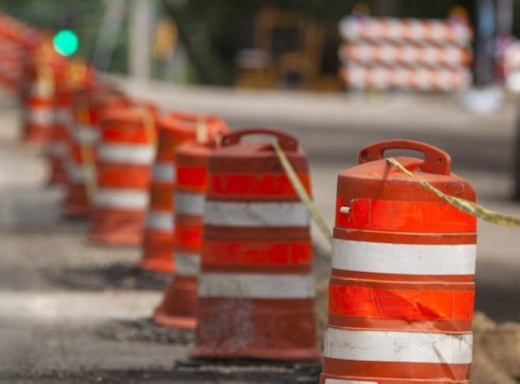The city of Sugar Land will likely delay some scheduled transportation projects in the capital improvement plan, or CIP, because of declining sales tax revenue caused by the coronavirus, according to Mayor Joe Zimmerman.
“In order to keep the budget balanced, we will more than likely push some projects,” Zimmerman said. “We don't know which projects yet that we would push.”
For the fiscal year ending in September, the city of Sugar Land has a total of $40.5 million budgeted for the CIP and over the next five years estimates to spend $263.8 million, according to the city budget.
Zimmerman said projects budgeted for in this year’s CIP and those that would have been budgeted for in the upcoming year will probably be affected. Zimmerman said as the city has a better picture of next year’s budget, it will be able to adjust accordingly.
“That's the beauty of having a five-year CIP,” Zimmerman said. “You can you can slide projects or delay projects, but you can also move them up.”
Additionally, he said as the city looks to sell bonds authorized in the November 2019 election, the city will likely begin with drainage projects first. Zimmerman said these projects are designed to prevent another flooding effect like Hurricane Harvey and mitigate the damage from other flooding events.
Sugar Land voters approved all four propositions in the $90.76 million bond, which included $47.6 million set aside for drainage projects, $26.3 million for public safety and facilities, $10.26 million for streets, and $6.6 million for the design and construction of a new animal shelter.
“All the projects are necessary, but they’re not essential to be done today,” Zimmerman said. “[City staff] will now look at what projects make sense to push to maybe next year or the year after, in order to balance the budget.”
In a webinar with the Fort Bend Chamber of Commerce where Zimmerman discussed the city budget, he said how quickly any stalled projects resume is a function of how quickly the economy recovers and the city’s sales tax revenue returns.
“We're still going to do projects; we're still going to do engineering; we're still going to do construction; it's going to be a little slower through those than it would have been if we had not had the impact from [coronavirus].”





